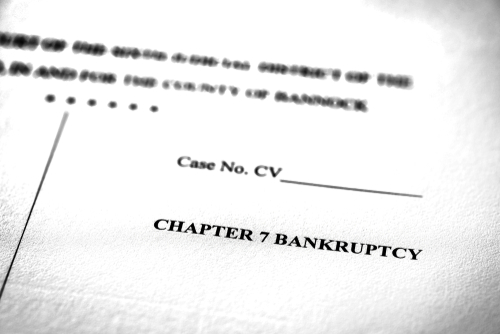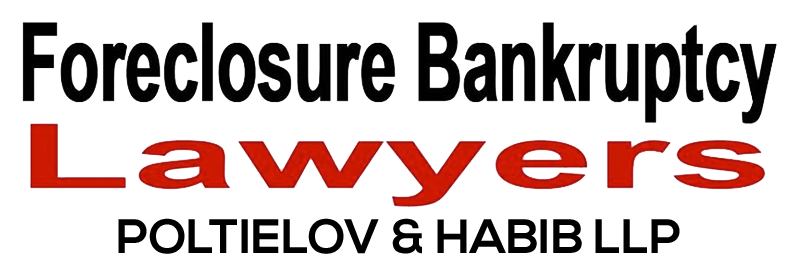
23 May Chapter 7 Bankruptcy and Foreclosure: A Guide
Filing a Chapter 7 Bankruptcy can be an option if you are in the midst of a foreclosure action. Bankruptcy is a federal procedure for dissolving/discharging debts, or in some cases paying debts on a schedule. The United States Constitution authorizes Congress to enact “uniform laws” related to the regulation of Bankruptcies. A Chapter 7 Bankruptcy is a dissolution whereby a court order will discharge all unsecured debts. It does not involve a payment plan as a Chapter 13 would, but instead, it would sell assets in order to repay debts. When there is a Bankruptcy filing, a foreclosure action would automatically be stayed. However, a Chapter 7 Bankruptcy does not discharge liens on properties. Therefore, you would still be liable for the mortgage when your bankruptcy case is completed and your debts are discharged.
Thereafter, between 21 and 40 days after the filing of the petition, the Bankruptcy Trustee will hold a meeting of creditors. Creditors and the Bankruptcy Trustee will appear at the meeting and may question the Bankruptcy Petitioner about assets, liabilities, and the overall financial situation. This is known as the 341 creditors meeting, and the purpose of it is for the assigned Bankruptcy Trustee to see if a borrower would qualify for Bankruptcy. In instances where debts related to any payments someone has to make for child support and alimony, civil law judgments related to fraud, or payouts for tortious conduct involving a DUI, those debts will not qualify for discharge under Bankruptcy. However, in most instances, the majority of unsecured debts will be discharged. Secured debts may not always be discharged in a Chapter 7 Bankruptcy. A mortgage is a secured debt. In essence, the major benefit a Chapter 7 Bankruptcy will afford to a borrower is that it would buy the borrower time to restructure their assets, discharge excessive consumer debt, and with those savings, either re-instate or pay off the mortgage in order to keep the home.
The option of Bankruptcy is available at any stage of the foreclosure. However, you have to consider your assets and liabilities carefully to know when to file. Additionally, you have to be completely compliant with all of the Bankruptcy trustees’ requests. You will be asked about many of your financial documents and be asked to submit them. In order for your debts to be discharged, all documents must be submitted timely.
A borrower may wonder why this is in their favor. There are pros and cons to filing for Bankruptcy, and you need to consider your situation carefully. A positive outcome would be that you would pay off the debt after you have sold off some of your assets in a Chapter 7 Bankruptcy, and used the funds to payoff or reinstate the loan. This would be applicable to someone who has financial hardship, and therefore, has a lot of consumer debt. However, it is not an “out” or “catch all” situation to discharge all debt. It is an option that many borrowers utilize to gather the time they need in order to stay in their home.
Visit out contact us page today and a Chapter 7 Bankruptcy attorney in New York will get back to you to discuss your case. Or call call us directly at 718-520-0085 to speak to our bankruptcy attorney.

